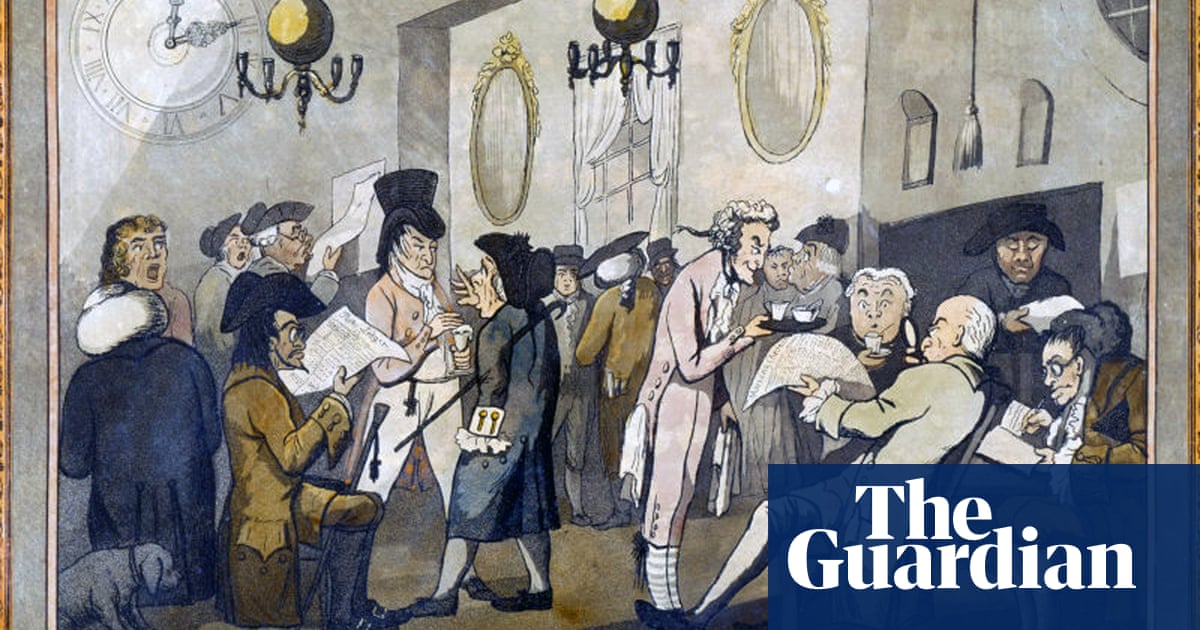The Holiday Inn Express on Manvers Way, just outside Rotherham, stands quiet and empty. There are hints that something has happened here: cracks in some of the windows, and round the back, if you know where to look, remnants of police tape. But there are no obvious signs of the violence that took place in August, nor of the danger faced by the hotel’s former residents, who, many say, were lucky to escape with their lives when the hotel was set alight during a far-right riot.
It was hot on Sunday 4 August when what had been advertised on Facebook as a peaceful protest, triggered by the murders of three girls in Southport, turned violent. At its height, about 750 people gathered, some from the local area but many from much farther afield.
The hotel was being used to house asylum seekers – young men and teenage boys who fled their home countries for perceived safety on British shores. Many had come alone, knowing nobody here and with nothing but a backpack.
Trouble began shortly after midday. The protesters were met by about 120 counterprotesters from a local anti-racism group. For about half an hour, a small number of police officers kept an uneasy peace. Then things turned violent. One man, Stuart Bolton, who had driven 50 miles from his home in Lincolnshire despite being banned from driving, was filmed shouting racist insults at a police officer and threatening: “I’ll kill you.”
Phil Turner, 72, from the local Stand Up to Racism group, who was there on the day hoping to protect the asylum seekers inside the hotel, says it was abundantly clear that it was not just a protest that simply got out of hand. A lot of the people there, he says, “are rooted in fascism, they’re hardcore”. Within two hours the counterprotest group he was part of was evacuated by police.

Rioters smashed windows and, in what police described in a press conference the next morning as “a particularly sickening moment”, set the hotel’s fire escape on fire in an apparent effort to burn down the building.
One of the 250 people trapped inside was a friend of Turner’s. “He had to hold a plastic carrier bag round his face to stop the fumes getting to him. They really thought they were going to die.” Terrified staff were forced to barricade the doors as rioters entered the hotel.
“I’ve been on anti-fascist protests since the 70s and I’ve never known that level of violent intent,” says Turner. “In living memory nobody’s seen that type of targeting of asylum seekers and Muslims … They would have killed people inside, I think, if they’d been able to.”
It took hundreds of police, who were called in from South Yorkshire and surrounding forces, more than 12 hours to gain control.
When the Guardian visits the Holiday Inn Express four months later, five security guards spring to action as the automatic doors open. “You can’t come in here,” one says, blocking the entrance. They confirm the hotel is empty and is set to remain so. But the Christmas decorations put up inside might tell another story.
“Will they put them back in here? That’s our fear,” says Gill, who asked for her surname not to be included and who lives a street away from the riot. Her concern is not about the return of the asylum seekers, who she says were “no trouble”, but for a repeat of the terror brought by the far right. Gill’s partner was threatened that day in August – and other locals say they watched helplessly as rioters rampaged through their gardens, taking anything they could get their hands on to set alight or lob at police.

Harley Dawson, the manager of the Bluebell pub, across the road from the hotel, says he didn’t see his regulars among the crowd. “It annoyed me how the media covered it – it sounded like it was people around here, when the vast majority weren’t.”
That is not to say everyone here was happy about the hotel. Susanne Anderson, who lives a few streets away, says she heard rumours of women and children being raped by a nearby lake, something people told her was “covered up” by the authorities. She says she is inclined to believe these stories. “They come from different cultures. Men of that age have needs and when they don’t have the ability to date …” she trails off. The Guardian was unable to verify that any such attacks took place.
Anderson says she’s not a racist person and has had clashes with friends and colleagues over her views of the hotel. “But they don’t live here,” she says. “It’s easy to say it’s not a problem when it’s not on your doorstep.” She says she was horrified by the violence in August “but ultimately I’m glad they’ve gone”.
It was in the early hours of the morning, when the unrest had calmed, that the asylum seekers were taken to safety. All of the men now all live outside the area, some hundreds of miles away from Rotherham.
Those who have spoken about their experience since have all done so anonymously, describing shock, fear and panic, with one telling ITV News he thought he would be “burned alive”. The Guardian approached some asylum seekers who were in the hotel at the time but they were still too shaken to be interviewed. The hotel workers, too, are afraid to talk to the media, in what is a small community where people know each other. One said they might be ready to talk “in a few years”.
The climate of fear extends to many in the community. One family spoke about their children being “frightened to death” that day and how they couldn’t understand the racism at play – but feared being named in the Guardian.
Most rioters were sentenced to at least two years in prison for their part in the unrest – which some have claimed is too harsh. The death in prison of one of the Rotherham rioters, Peter Lynch, which is believed to have been suicide, has became an anchor for this far-right narrative of political persecution in particular.
Turner says that the sentences dished out to rioters have done little to quell his fear that if the far right is strong enough in the UK to bring hundreds of people out on the street, there may well be more violence.
“If fascists think they’re getting somewhere, which they must feel, given what’s happened in the last year, this is the time for them to grow … We’ve got to make sure that we do everything we can to stop that,” he says.
In Rotherham, the hotel’s contract with the Home Office is coming to an end and no more asylum seekers will be placed there. It means, for the people in Manvers, the risk of more violence is lessened. But across the country it is clear the sentiment that started it has not gone away.

 3 weeks ago
27
3 weeks ago
27













































